Essay: Organisational mediation in vukaesque environments
Part 1 – For strategy- and future-oriented conflict management
in: Perspective Mediation 2/2019
Dr Sascha Weigel
In its recognisable diversity and ambiguity, the world appears paradoxically clearly overpowering; dangerous for us 20th century minds, even though it has become better in almost all respects than what we assume it to be. This paradox refers first and foremost to the declaration that the world is vuka.
Everything is volatileThe new stability is constant change, highly changeable, fragile, unstable, sometimes pleasingly flexible, but always questionable and dubious. The new stability is constant change.
Uncertainty is not only that we are unable to assess a certain scenario, but also that we do not think about the probability of it happening at all: "Taken together, Your Majesty, the failure to foresee the timing, magnitude and severity of the crisis [of 2008] and to avert it...was primarily a failure of the collective imagination of many intelligent and educated people...". That was the response of 33 experts from the British Academy in July 2009 when they were asked by Queen Elizabeth II: "Why didn't anyone see the credit crunch coming?"
The complex Communication chains between the unmanageable number of system elements appear to be a puzzle, even though their interdependencies are "obvious". Self-reflexive feedback can be detected, but precisely because of this, the chance of repeatability is excluded. The system no longer returns to its original state, but remains a different one. There are no factory settings, no zero hour, no starting point and no end point. The system learns.
Ambiguity The world and its phenomena are ambiguous and contradictory (ambivalent). This is why changes of perspective are so world-changing. Whoever is at the peak begins the descent. Where else, asks anyone who has lived in Bergen – even outside Norway, where it rains less.
What do such vukaesque developments mean for the mediation movement, whose children's shoes were developed in the 20th century? What does this mean for such a hopeful endeavour, which finally wanted to "liberate" the conflict parties directly and jointly in their conflict situations, if they simply do not commission it?
In organisations, it is therefore hardly about a cathartic cleansing (Glasl) of the people involved in the conflict, but about the organisational Processing of strategic tasks.
Mediation serves as a cooperation test bed and creativity workshop for conflict relationships that lead back to the Ability to work are to be managed.
Complete bibliography for the essay:
Alexander, Nadja: The high-wire act of mediation – an international perspective, in: in: Journal for Conflict Management and Mediation, 2017, p. 164 – 168.
Bannink, Frederike: Praxis der Lösungs-fokussierten Mediation. Concepts, methods and exercises for mediators and managers, Stuttgart 2009.
Bannink, Frederike: Solution-focussed questions. Handbook for solution-focused dialogue, Göttingen 2015.
Bischoff, Kathrin (2014): Über den Einfluss des Strategie eines Unternehmens auf die Konfliktdynamik in Wirtschaftsmediationen, in: Konfliktmanagement in der Wirtschaft. Approaches, models, systems. ed. by Gläßer, U./Kirchhoff, L./Wendenburg,F., Konfliktmanagement in der Wirtschaft, Baden Baden 2014, p. 439 – 456.
Breidenbach, Stephan (1995): Mediation - structure, opportunities, risks of mediation in conflict, Cologne 1995
British Academy: The Global Finance Crisis – why didn't anybody noticed?, British Academy review issue 14, November 2009, https://www.thebritishacademy.ac.uk/sites/default/files/03-Besley.pdf. last accessed 4.01.2019.
Brynjolfsson, Erik / McAffee, Andrew: The Second Machine Age. How the next digital revolution will change all our lives, Kulmbach 2014.
Busch, Dominic/Mayer, Claude-Hélène: Intercultural mediation. State of research and open questions within a mediation science, in: Kriegel-Schmidt, Mediation als Wissenschaftszweig, ed. by Kriegel-Schmidt, Wiesbaden 2017, p. 179 – 189.
Bush, Robert A. Baruch/Folger, Joseph P.: Conflict - Mediation and Transformation, Weinheim 2009.
Christian, David: Origin Story. A Big History of Everything, New York 2018.
Christakis, Nicholas A./Fowler, James H.: Connected! The power of social networks and why happiness is contagious, Frankfurt am Main, 2010.
Curry, Andrew: The Internet of animals, in: Nature, Vol. 562, p. 322-326, 18 October 2018, https://www.nature.com/articles/d41586-018-07036-2.
Daugherty, Paul/Wilson, James (2017): Human + Machine. Artificial intelligence and the future of work, Munich 2018.
Dörflinger-Khashman, Nadia (ZKM 2013): Fragekompetenz in der Mediation, in: Zeitschrift für Konfliktmanagement und Mediation, 2013, 148-151.
Duss-von Werdt, Joseph (2005): homo mediator. Geschichte und Menschenbild der Mediation, Stuttgart 2005.
Fukuyama, Francis (1992): The end of history. Where do we stand?, Munich 1992.
Floridi, Luciano (2015): The 4th revolution. How the infosphere is changing our lives. Frankfurt 2015.
Glasl, F. (ZKM 2007): Metanoic mediation - sustainable conflict management, in: in: Journal for Conflict Management and Mediation (until 1999: Kon:sens), 2007, pp. 103 - 107, 153 - 157.
Graeber, David: Bullshit Jobs – On the true meaning of work. Frankfurt am Main 2019.
Guwak, Barbara / Strolz, Matthias (2012): Die Vierte Kränkung. wie wir uns in einer chaotischen Welt zurechtfinden müssen, Berlin 2012.
Hager, G. (2001): Konflikt und Konsens: Überlegungen zu Sinn, Erscheinung und Ordnung der alternativen Streitschlichtung, Tübingen 2001.
Hell, Matthias: Deutschland Einwanderungsland? The Immigration Discussion 1998 – 2002, Bielefeld 2005.
Harari, Yuval Noah (2015): A brief history of humanity, 5th edition, Munich 2015.
Harari, Yuval Noah (2107): Homo Deus. A History of Tomorrow, Munich 2017.
Harari, Yuval Noah (2018): 21 Lessons for the 21st Century. London 2018.
Hidalgo, Cesar (2016): Growth works differently. From the smallest particles to people to networks, Hamburg 2016.
Hofstetter, Yvonne (2014): They know everything. How intelligent machines are invading our lives and why we must fight for our freedom, 2nd edition, Munich 2014.
Horx, Matthias (2011): The Megatrend Principle. Wie die Welt von morgen entsteht, Munich 2011.
Höland, A. / Meller-Hannich, C. (ed.): Nothing to complain about? The decline in the number of lawsuits filed in the judiciary, possible causes and consequences, Baden Baden 2016.
Hölscher, LucianThe discovery of the future, Göttingen 2016.
Huntington, Samuel P. (1996): Clash of civilisations. The reorganisation of world politics in the 21st century. Europa-Verlag, Munich, Vienna 1996.
Keese, Christoph (2014)Silicon Valley. What the world's most powerful valley has in store for us, Munich 2014.
Keese, Christoph (2016): Silicon Germany. How we are managing the digital transformation, Munich 2016.
Kerntke, Wilfried (2018): How goats and fish learn to fly. The developmental power of conflicts in companies, Berlin 2018.
Kleiner, Susanne (SdM 70/2017): Mediation in transition. Adding value to corporate culture, in: Spektrum der Mediation, No. 70, 4/2017, p. 30 – 32.
Knight, Will: AI with emotional intelligence, in: Technology Review, 02/02/2017, https://www.heise.de/tr/artikel/KI-mit-emotionaler-Intelligenz-3613884.html, last opened 16.02.2019.
Kollmann, Tobias / Schmidt, Holger (2016): Germany 4.0, How the digital transformation succeeds, Wiesbaden 2016.
Krabbe, Heiner (ZKM 2014): Workshop report – The art of questioning, in: Journal of Conflict Management and Mediation, 2014, 186-188.
Kühl, Stefan (wiwe 2016): The four blind spots of "Theory U", in: wirtschaft+weiterbildung, 2016, pp. 24-29.
Luhmann, N. (1993): The Law of Society, Frankfurt am Main 1993.
Luhmann, N. (IP 1987): What is communication, in: Information Philosophie, 1987, p. 5 - 16.
Luhmann, N. (Legal Theory 1986): Die Codierung des Rechtssystems, in: Rechtstheorie. Zeitschrift für Logik, Methodenlehre, Kybernetik und Soziologie des Rechts, vol. 17, Berlin 1986, pp. 171 - 203
Matzler, Kurt/Bailom, Franz/von den Eichen, Stephan Friedrich/Anschober, Markus: Digital disruption. How to prepare your company for the digital age, Munich 2016.
Mohr, G. (2006): Systemic organisational analysis. Dynamics and fundamentals of organisational development, Bergisch Gladbach 2006.
Mohr, G. (2006a): Dynamic Organizational Analysis, in: Growth and Change for Organisations, Transactional Analysis. New Developments 1995 – 2006, ed. by Mohr, G. / Steinert, Th., Pleasanton 2006.
Mohr, G. (2014): Die Beachtung der Systemdynamiken für die Vermittlungsarbeit im Rahmen des betrieblichen Konfliktmanagements, in: Weigel, S. (ed.): Theorie und Praxis der Transaktionsanalyse in der Mediation, Baden-Baden 2014, p. 455 – 468.
Morris, Ian (2012): Who rules the world? Why civilisations rule or are ruled. Frankfurt am Main/New York 2012.
Nünning, Ansgar: Vielfalt der Kulturbegriffe, in: http://www.bpb.de/gesellschaft/bildung/kulturelle-bildung/59917/kulturbegriffe last accessed 12/02/2019.
O'Neil, Cathy (2017): Attack of the algorithms. How they manipulate elections, destroy career opportunities and jeopardise our health, Munich 2017.
Osterhammel, Jürgen (2009): The transformation of the world. A History of the 19th Century, Munich 2009.
Osterhammel, Jürgen / Petersson, Niels (2012): History of Globalisation. Dimensions, Processes, Epochs, 5th edition, Munich 2012.
Pinker, Steven: Violence. A new history of humanity, Frankfurt am Main, 2013.
Pinker, Steven: Enlightenment now. The case for Reason, Science, Humanism, and Progress, New York 2018.
Rieforth, Joseph: Process design for change in organisations. The nine-field model as a reflexive space for new developments, in: Konfliktdynamik, 2012, 328-339.
Rössler, Beate (2017): Autonomy. An attempt at a successful life, Berlin 2017.
Rosling, Hans (2018): Factfulness. How we learn to see the world as it really is, 7th edition, Berlin 2018.
Saunders, Doug: Arrival City. The new migration of peoples. Munich 2013.
Scharmer, Otto C. (2011): Theory U. Von der Zukunft her führen, Original 2007, Heidelberg 2011.
Thomas, Alexander: Handbuch Interkulturelle Kommunikation und Kooperation. Volumes 1 and 2, Vandenhoeck & Ruprecht, 2009.
Thompson, Derek (The Atlantic 2012): The 100 Year March of Technology in one Graph, in: The Atlantic, April 2012, https://www.theatlantic.com/technology/archive/2012/04/the-100-year-march-of-technology-in-1-graph/255573/.
Trentmann, Frank (2016): Herrschaft der Dinge. The history of consumption from the 15th century to the present day, Munich 2016.
Vertesi, Janet: What robots in space teach us about teamwork: A deep dive into NASA, in: ethnography matters, 7 July 2016, available at https://ethnographymatters.net/blog/2016/07/07/what-robots-in-space-teach-us-about-teamwork/.
Weigel, Sascha (2014): Mediation as a conflict management process. Starting points for mediation based on transactional analysis, in: Theorie und Praxis der Transaktionsanalyse in der Mediation. A handbook. ed. by Sascha Weigel, Baden Baden 2014, p. 17 – 37.
Weigel, Sascha (SdM 2017): Strategic mediation. Plea for an overdue change of perspective – Part 1, Spektrum der Mediation, 70/2017. p. 18-22.
Weigel, Sascha (KD 2017): Transformative mediation and transactional analysis, supporting transformative mediation with concepts of transactional analytical counselling, in: Konfliktdynamik 01/2017, pp. 34-44.
Weigel, Sascha (2017): Why mediation now?! An interdisciplinary discussion of a contemporary historical phenomenon, in: Kriegel-Schmidt, Mediation als Wissenschaftszweig, ed. by Kriegel-Schmidt, Wiesbaden 2017, p. 143 – 159.
Weigel, Sascha (SdM 2018): The strategic mediation. Mediation and capitalism – Part 2, Spektrum der Mediation, 71/2018. p. 26-30.
Weigel, Sascha: Conflict management in the public administration of the activating state with transactional analysis and transaction-analytically based mediation. Also a comparative contribution to the treatment of social conflicts by means of law and mediation, Berlin 2012.
Carpenter, Olaf (2011): Intercultural education - actually a matter of course? http://www.bpb.de/gesellschaft/bildung/kulturelle-bildung/60110/interkulturelle-bildung?p=all last accessed on 5 January 2019.

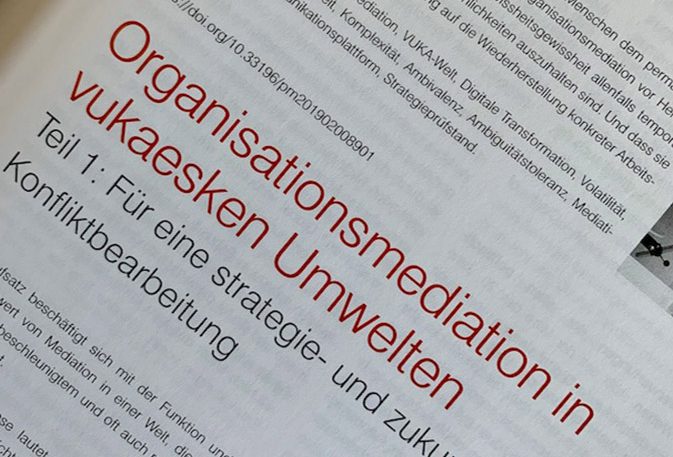
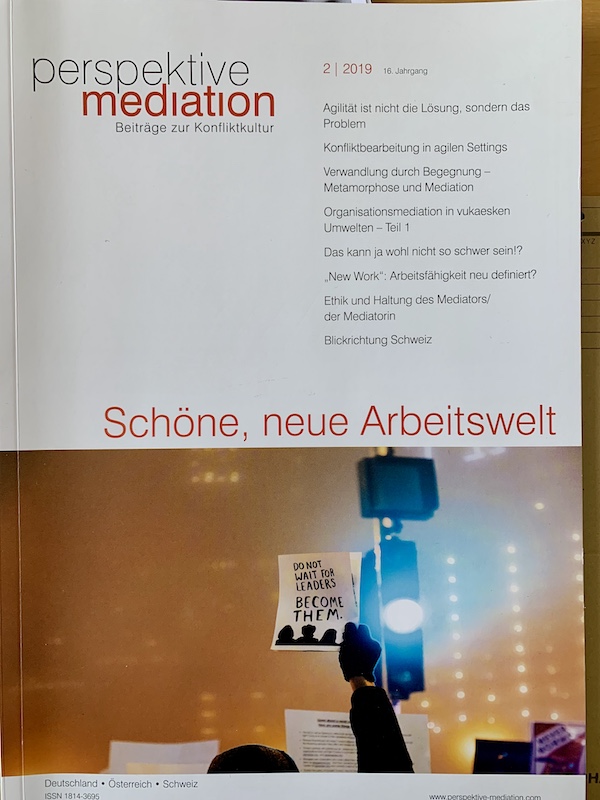
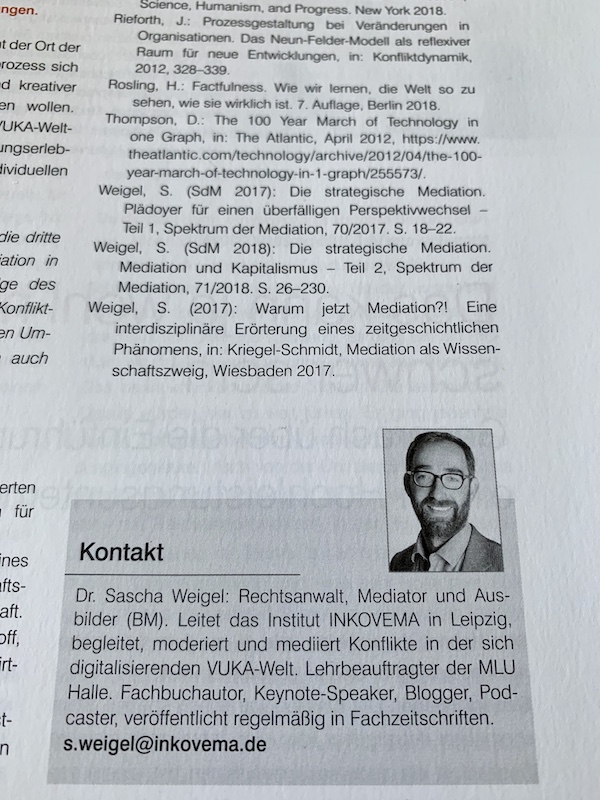
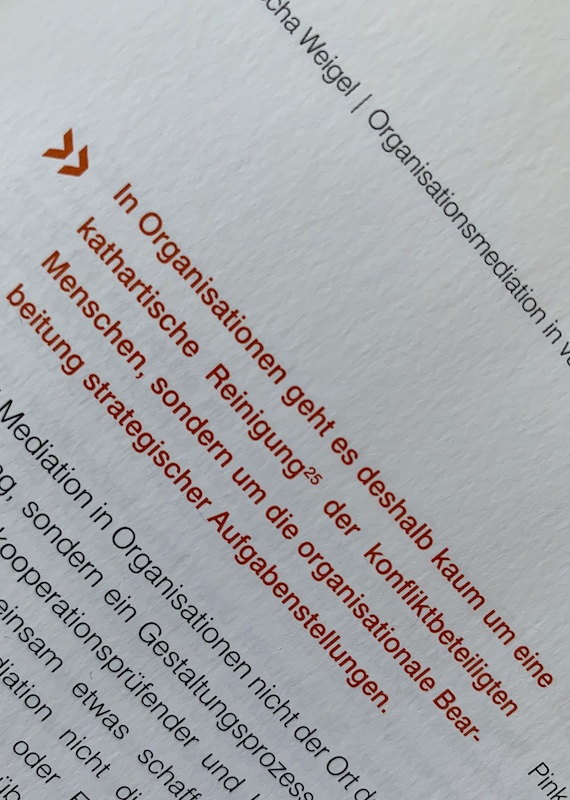
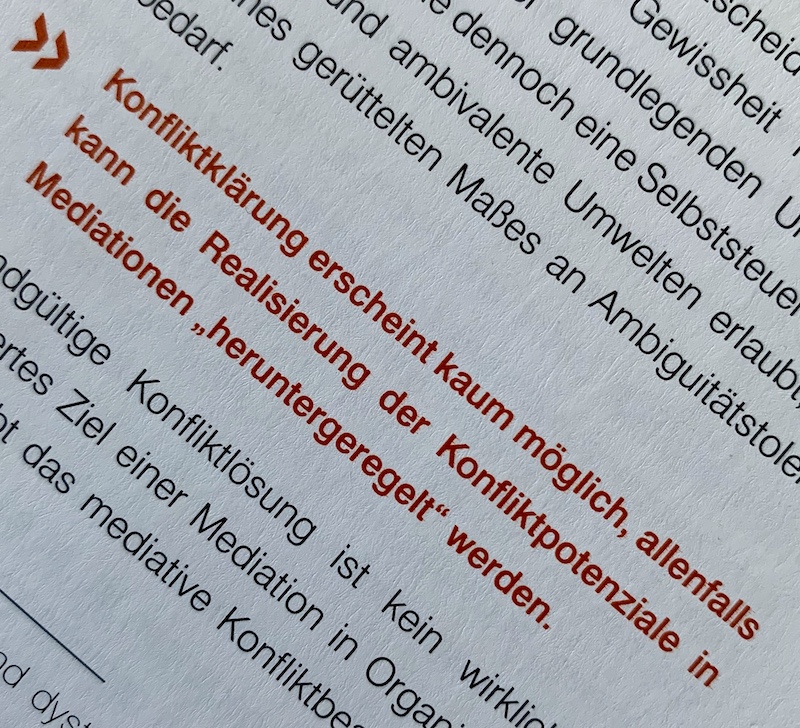

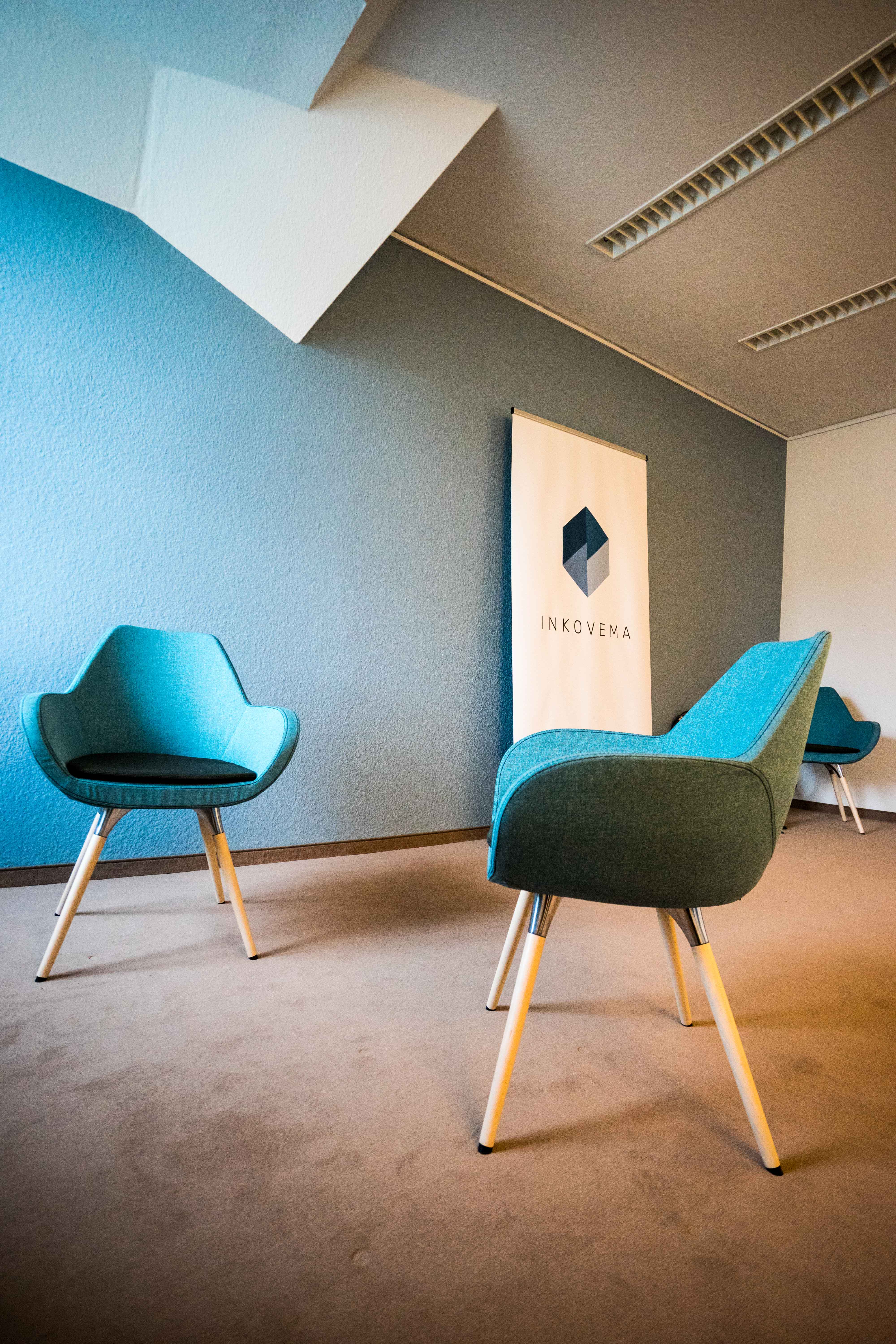
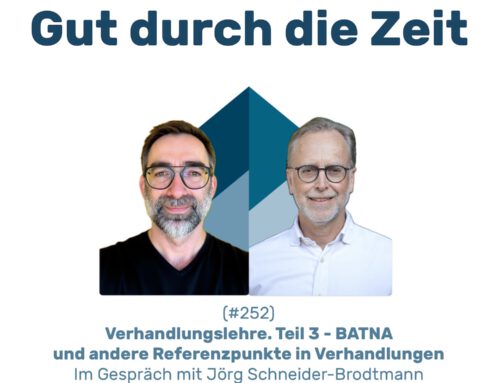
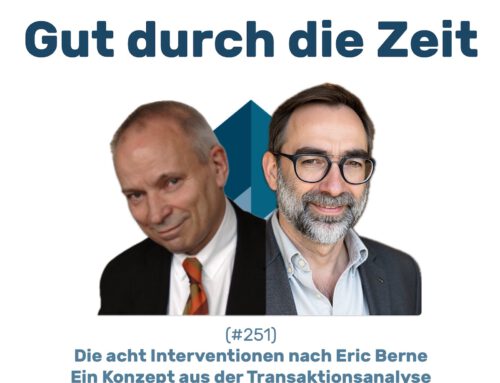
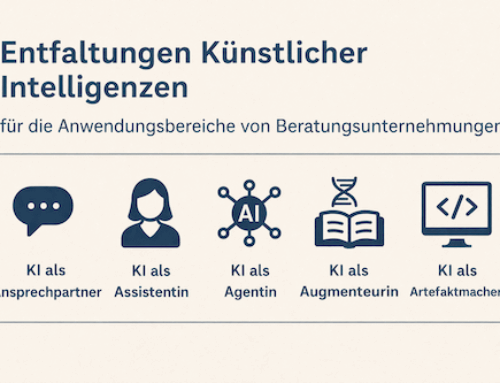
Leave A Comment